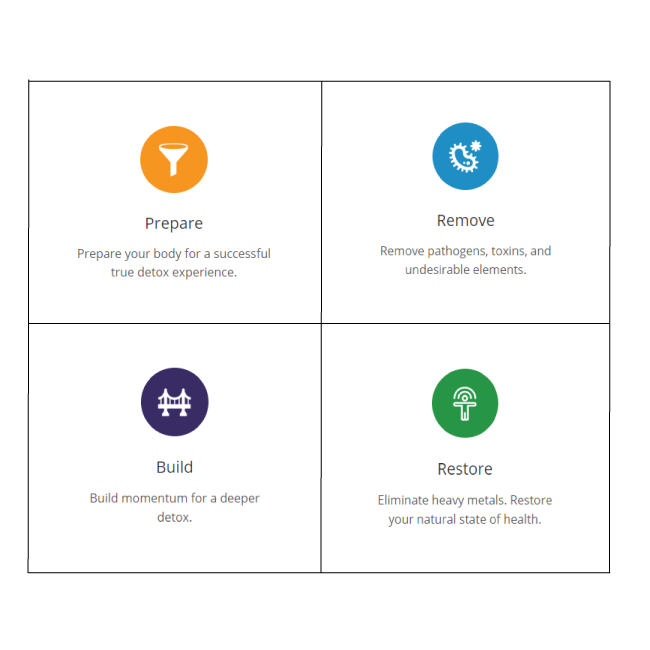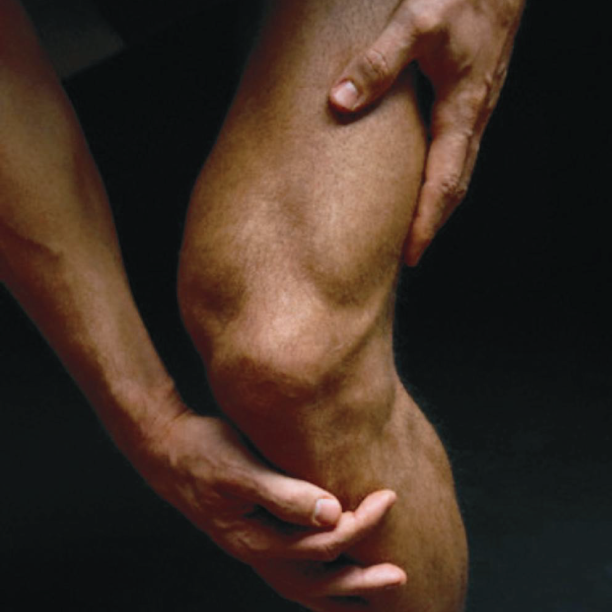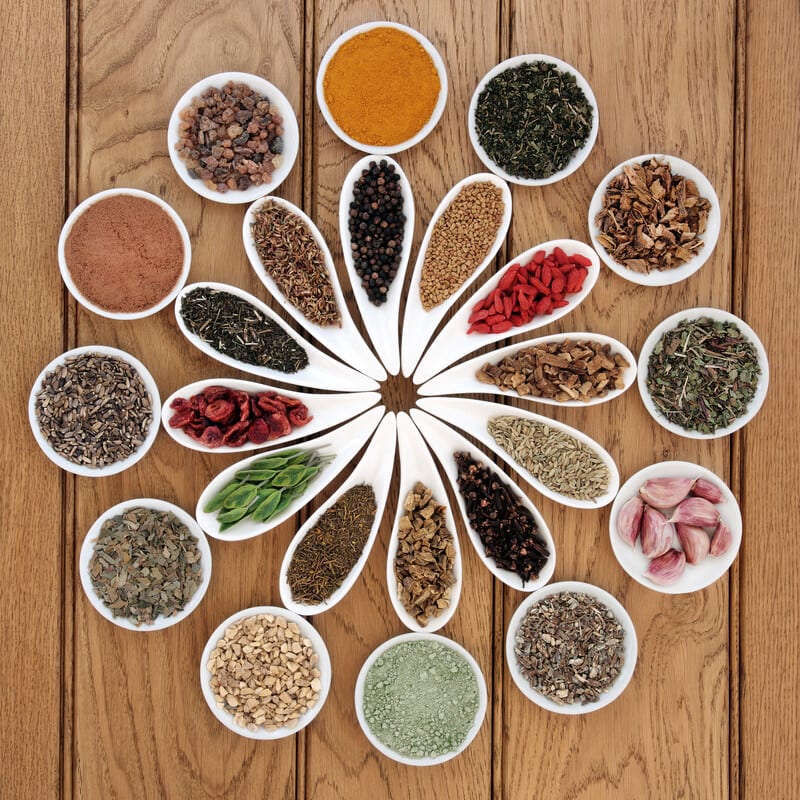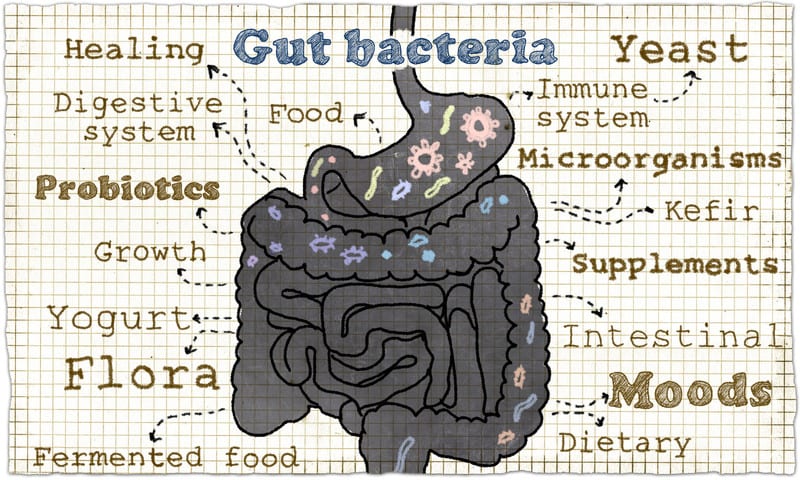If you rarely experience digestive problems, you are in the minority. Nearly 2 out of 3 Americans report gut health issues — including diarrhea, constipation, and bloating — in any given week.
That may come as a surprise to you, as many people don’t discuss their digestive issues — not even with their doctor. Problems like diarrhea, constipation, and bloating can be embarrassing to talk about. But, if you suffer from them, you’re far from alone.
Many people have learned the secrets to conquering their gut health issues. You can fix your digestive issues, too. It just requires addressing the root causes, such as bacterial overgrowth, parasites, and other infections.
Here’s a closer look at diarrhea, constipation, and bloating, including underlying factors and effective ways to restore gut health.
What Are the Symptoms of an Unhealthy Gut?
Your autonomic nervous system controls your digestion. Just like breathing or the beating of your heart, it should be automatic. Yet, sometimes digestion goes awry. Frequent gut distress can make stomach health and intestinal health seem elusive.
Three of the most common symptoms that point to an unhealthy gut are:
- Diarrhea
- Constipation
- Bloating
In a nationwide survey, about 20% of Americans reported one or more of those three gut health problems in the past week. For some people, these may be only occasional problems. For others, they’re regular occurrences. That’s when it’s time to do some detective work and figure out what’s really going on in your gut.
Diarrhea

Diarrhea is so common it probably goes without defining. It’s typically characterized by loose or watery stools — and often an urgent need to run to the restroom. It’s sometimes a short-term issue that may last just a day or two. In other cases, it’s a long-term or chronic problem and is a clue to more serious digestive health issues. Doctors generally call it chronic diarrhea if you’ve dealt with it for at least four weeks.
Frequent watery bowel movements increase your risk of dehydration. Chronic diarrhea could also lead to malnutrition since it reduces the time your gut has to absorb nutrients.
What causes diarrhea?
Some of the factors that can cause short-term episodes of diarrhea include:
- Viruses: Diarrhea is frequently a symptom of norovirus and rotavirus infections. Sometimes people call infection with these bugs “the stomach flu.”
- Food poisoning: Consuming foods and beverages contaminated with dangerous microbes — such as E. coli and Salmonella — can produce inflammation and toxins in your gut. This may trigger diarrhea to help purge the toxins quickly.
- Stress: Acute stress and anxiety may cause stomach cramping and trigger your colon to empty.
- Antibiotics: These medicines result in loose stools in up to 30% of people. Diarrhea may happen while you’re taking antibiotics. Or, it may develop up to two months later due to the antibiotics killing beneficial gut bacteria.
Many short-term causes of diarrhea often resolve themselves and don’t need any special treatment. Still, due to the risk of dehydration, even short-term diarrhea can be dangerous. Infants, young children, and older adults are especially vulnerable to dehydration.
Some cases of food poisoning can also be severe and require treatment. Newer research also shows that food poisoning is sometimes the root cause of irritable bowel syndrome (IBS) with diarrhea. In such a case, diarrhea becomes a chronic issue.
Examples of other chronic issues that could lead to diarrhea include:
- Parasite infections: You can unknowingly acquire these nasty, uninvited guests through contaminated food or water. Though your risk is especially high when you travel to some foreign countries, you can also get parasitic infections close to home.
- Celiac disease: Diarrhea is a common sign of this severe autoimmune reaction to gluten. That’s a protein in wheat, barley, rye, and related grains.
- Inflammatory bowel disease (IBD): Crohn’s disease and ulcerative colitis are the two main types of IBD. They’re generally classified as autoimmune disorders and can cause diarrhea, which may be bloody.
- Candida overgrowth: This yeast is a normal part of your microbiome. Even so, if it grows out of control, it can lead to diarrhea.
- Medications: Antibiotics aren’t the only drugs that can trigger diarrhea. Many medicines you may take long term for chronic health conditions could also cause loose stools. More than 700 different drugs list diarrhea as a potential side effect.
Constipation

You may have the exact opposite of diarrhea when it comes to gut health — constipation. Or, you might alternate between the two over time. Constipation is generally characterized as having less than three bowel movements a week. Your stools can become hard, and you may have to strain to eliminate. This can be painful and may cause hemorrhoids. Still, the concern about sluggish bowels goes beyond needing more time in the bathroom and having a painful back end.
Your stools are a significant way your body eliminates toxins. Your liver processes contaminants filtered from your blood then secretes them into the bile. Bile is released into your gut during digestion, and some is swept out in your bowel movements. If you aren’t “going” regularly, you can’t detoxify well. At a minimum, this means going at least once a day. When you’re doing a detoxification program, the goal is 2 to 3 times a day.
What causes constipation?
Many factors can slow your stools. Some of these include:
- Lack of exercise: Physical activity tends to stimulate your colon. If you aren’t moving enough in general, you may not be moving much in the restroom either. This is also why constipation can become a challenge if you’re bedbound.
- Holding it in: One of your colon’s jobs is to reabsorb water from your stools before you eliminate them. The longer you put off pooping, the more water your colon will pull out of your stools. This makes them drier, firmer, and more difficult to eliminate.
- Dehydration: If you lack adequate water, your colon will extract more water from your stools to help you stay hydrated.
- Low fiber diet: Fiber helps bulk up your stools and soaks up water. This makes them softer and more comfortable to eliminate.
- Parasitic infections: Ironically, some parasites cause diarrhea while others can cause severe constipation.
- Candida overgrowth: Similar to parasites, Candida infection can cause either constipation or diarrhea.
- Environmental toxins: Exposure to herbicides, pesticides, and heavy metals may damage the nerves that help regulate colonic movement.
- Medications: Painkillers, blood pressure medicines, antidepressants, and antacids are common drugs that can slow down your bowels. Overusing laxatives may also cause constipation.
- Supplements: Calcium and iron supplements sometimes trigger constipation. Certain forms (such as calcium carbonate) and higher doses of these minerals may pose a greater risk of this.
- Medical conditions: Issues such as hypothyroidism, multiple sclerosis, and Parkinson’s disease can alter the functioning of your intestines. This can lead to constipation.
- Pregnancy: A growing baby can cause the mother’s bowels to slow down, especially during the last months of pregnancy.
Constipation often involves more than one of these risk factors. But, there are ways you can reduce your odds of this problem and restore gut health.
Bloating and Excess Gas

Some gas is normal and harmless. When it’s excessive, it could be a sign of a deeper problem. It can also be embarrassing when excess gas causes your abdomen to swell like a balloon.
Studies suggest that bloating affects 10–30% of the general population. Among those with chronic digestive disorders, bloating may affect as many as 96% of individuals.
What causes bloating and excess gas?
In the short term, something as simple as eating too much much and too fast could trigger bloating. If that’s happened to you, you probably learned from the experience pretty quickly.
Chronic bloating is a bigger problem. Some of the underlying causes of recurrent bloating and excess gas include:
- Parasitic infections: Gas and bloating can be among the first signs that parasites have decided to make you their host. As they multiply in your small intestine, they create inflammation and can trigger gut symptoms.
- Small intestinal bacterial overgrowth (SIBO): The majority of your gut microbes belong in your colon, not your small intestine. If too many migrate to your small intestine, they can generate significant gas and bloating soon after eating.
- Candida overgrowth: Besides altering bowel movements, overgrowth of Candida can generate gas and bloating. Excess growth of fungi like Candida in the small intestine is sometimes called small intestinal fungal overgrowth (SIFO).
- Inflammatory bowel diseases (IBD): Crohn’s disease and ulcerative colitis may alter your digestive system in ways that lead to bloating and abdominal pain. Some evidence suggests parasites may play a role in IBD.
- Constipation: If you don’t poop often enough, waste can build up and trap gas in your colon. That can lead to bloating.
- Gastroparesis: This is when your stomach doesn’t empty as quickly as it should, which can lead to bloating, abdominal pain, and nausea. Gastroparesis is more common in people with uncontrolled diabetes. In other cases, the cause is unclear.
How Does the Gut Affect the Rest of the Body?
Your gut health can have a massive impact on your entire body. If you don’t address why you have chronic diarrhea, constipation, or bloating, your health problems could multiply over time.
For instance, chronic diarrhea can lead to dehydration. Your mitochondria don’t function well when you’re dehydrated, and that can drain your energy.
Poor absorption of vitamins due to SIBO could increase your risk of night blindness, impaired immune function, and neuropathy or nerve pain. Parasites can also contribute to poor nutrient absorption.
Moreover, researchers have linked an unhealthy gut microbiome to anxiety, depression, and impaired immune function. Poor microbiome health may also increase obesity and heart disease risk.
Additionally, when Candida is the culprit of your digestive difficulties, it may lead to:
- B vitamin and magnesium deficiency
- Brain fog
- Urinary tract infections
- Joint pain Eczema (itchy red rash)
Clearly, your stomach health and gut health can have far-reaching effects.
Restore Gut Health Now
Diarrhea, constipation, and bloating are often caused by pathogens like parasites, Lyme bacteria, and Candida, as well as poor microbiome health.
So, do everything you can to clear out uninvited guests. This should include using herbs that support good digestion and help kill critters. You also need to support your drainage pathways, as well as omit food triggers and get regular physical activity.
There’s no need to feel chained to your bathroom due to loose stools or be so restricted in what you can eat that you avoid social gatherings. Tackle your gut issues now so you can live life to the fullest, as well as reduce your risk of health issues in the future.
What will be your first step in restoring gut health? 

Source: Full article and references https://microbeformulas.com/blogs/microbe-formulas/restore-gut-health-fix-diarrhea-constipation-and-bloating?rfsn=2923363.e71dd9&_pos=1&_sid=d2d8e95bd&_ss=r




































